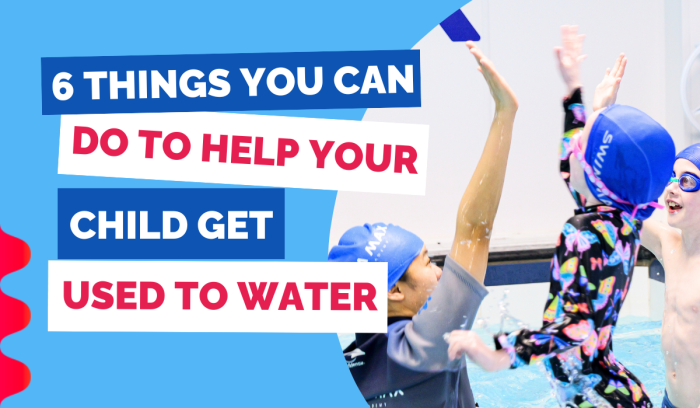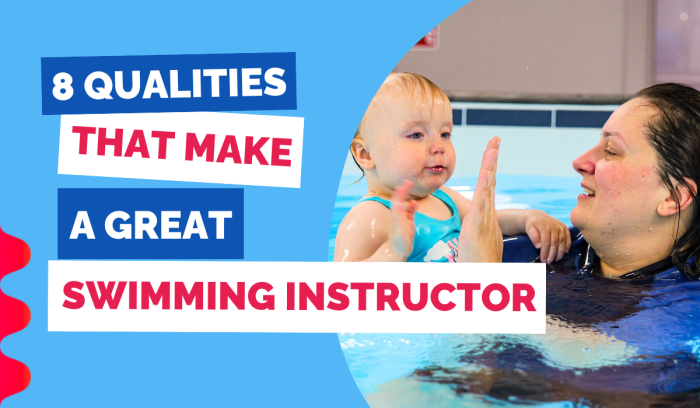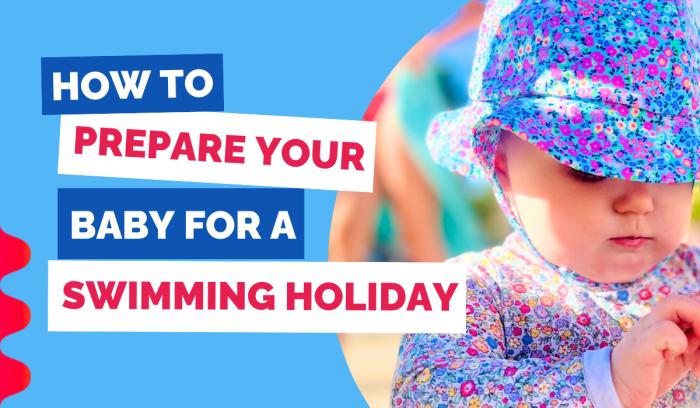It’s summertime and the sun is shining!
What better way for your child to spend their time than in a swim camp cooling down. More importantly, they’ll learn life skills and improve their swimming technique over a shorter amount of time.
Here are 7 reasons why your child should join a Swim Camp.
1️⃣ Develop Essential Life Skills: Swim camps offer an excellent environment for children to develop essential life skills. From learning basic water safety rules to perfecting various swimming strokes, kids acquire valuable skills that can benefit them throughout their lives. These skills include water confidence, self-discipline, perseverance, and problem-solving abilities. Plus, swimming camps encourage a sense of responsibility by teaching children about the importance of teamwork, cooperation, and following instructions.
2️⃣ Faster Progression: Regular swimming lessons and consistent practice during swim camps help children retain and build upon what they learn. Continuous practice minimises gaps, aiding skill acquisition and retention. The frequent exposure to swimming and the repetition of techniques help children build muscle memory and faster progress. Extended time in the water also allows techniques to be refined, endurance building, and skill reinforcement. Structured lessons in swim camps target specific skills, with instructors providing personalised instruction and feedback for accelerated learning. Fun and engaging activities make the learning process enjoyable, increasing children's motivation and contributing to faster progress.
3️⃣ Boost Physical Fitness: Swimming is a fantastic full-body workout that engages almost all major muscle groups. By participating in swim camps, children can improve their overall physical fitness levels. Regular swimming sessions enhance cardiovascular endurance, muscular strength, flexibility, and coordination. Unlike other sports, swimming is low-impact, making it an excellent choice for children with joint sensitivities. Additionally, swimming helps children maintain a healthy weight, promotes lung capacity, and contributes to better posture and overall body balance.
4️⃣ Share Water Safety Knowledge: Every year the news reports stories of children drowning so sharing information about water safety is a crucial aspect of swim camps. Trained instructors ensure that children learn and understand vital water safety practices. This includes understanding the importance of supervised swimming, recognising and avoiding potential dangers in and around water bodies, and learning how to react in emergency situations. The knowledge gained at swim camps can significantly reduce the risk of accidents and increase children's confidence when in or near water, whether it be in a pool, lake, or ocean.
5️⃣Enhance Mental Well-Being: In a world where children spend countless hours in front of a screen and some kind of technology in their hands, swim camps provide a refreshing break from everyday routines and technology-driven activities. Immersion in water has a calming effect on the mind and helps reduce stress and anxiety. The rhythmic nature of swimming can promote relaxation, improve sleep patterns, and enhance mood. Swimming also releases endorphins, the "feel-good" hormones, which contribute to increased happiness and overall mental well-being. Children who participate in swim camps often experience a boost in self-esteem and self-confidence.
6️⃣ New Friends and Peer Motivation: Children have the opportunity to spend time with other children regularly, and also children from a different school or town. Spending time with others over a period of time helps to build deeper connections. Friendships in class can encourage teamwork, improve communication skills and build confidence, as well as a positive and motivating atmosphere where children can observe and learn from each other. Peer motivation can be powerful and can inspire children to push themselves further, try new techniques, and overcome their fears or challenges.
7️⃣ Cost Effectiveness: Children typically progress more quickly over 5 consecutive lessons in 1 week, than 1 lesson per week over 5 weeks. Investing in a few swim camps can lead to faster progression and reduce the need to enroll in longer-term swim courses. Ideally, regular weekly swimming lessons paired with swim camps will give children the best opportunity to learn to swim and progress faster.







 Baltic Condition
Baltic Condition
Comments
Write your comment